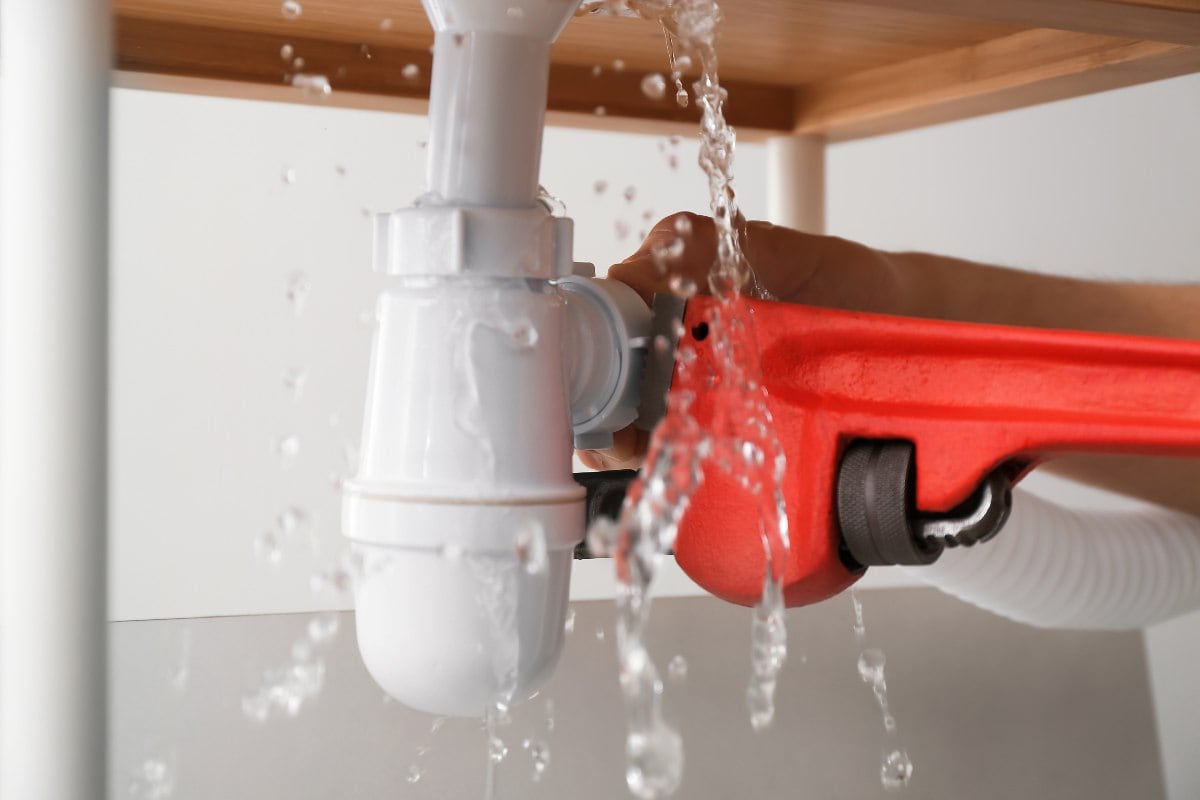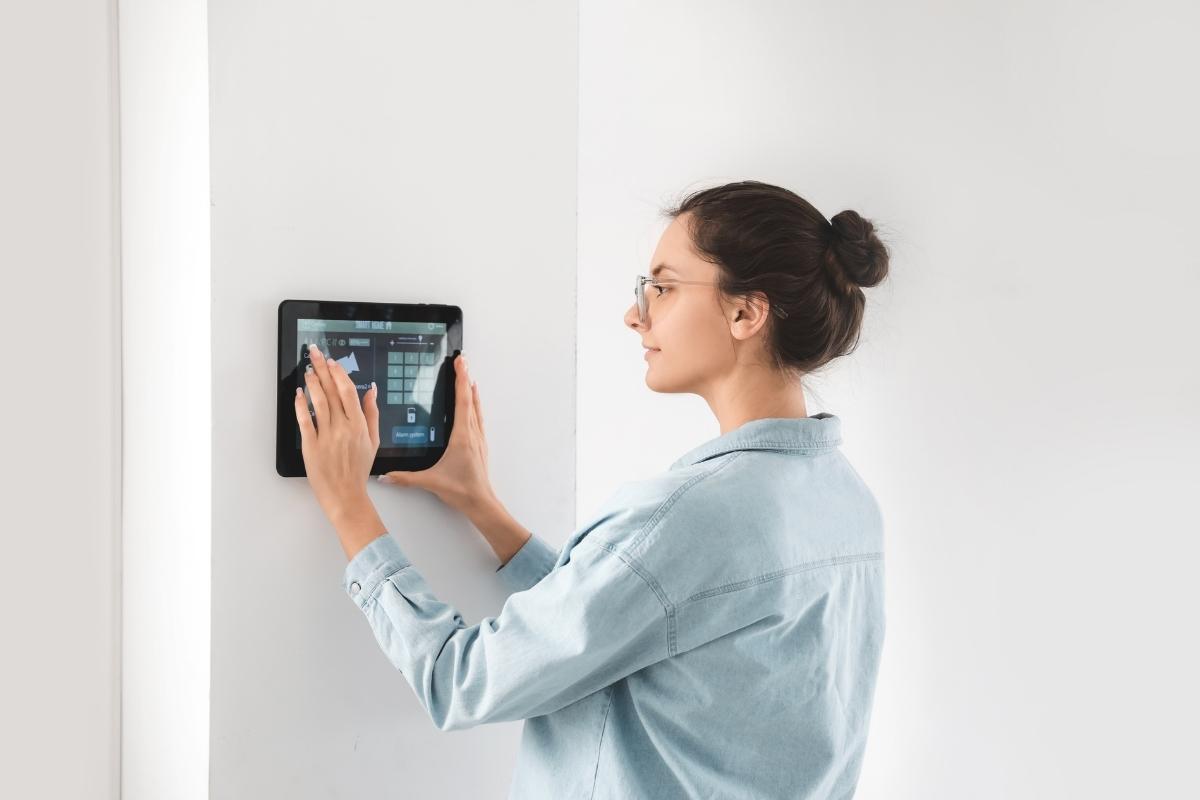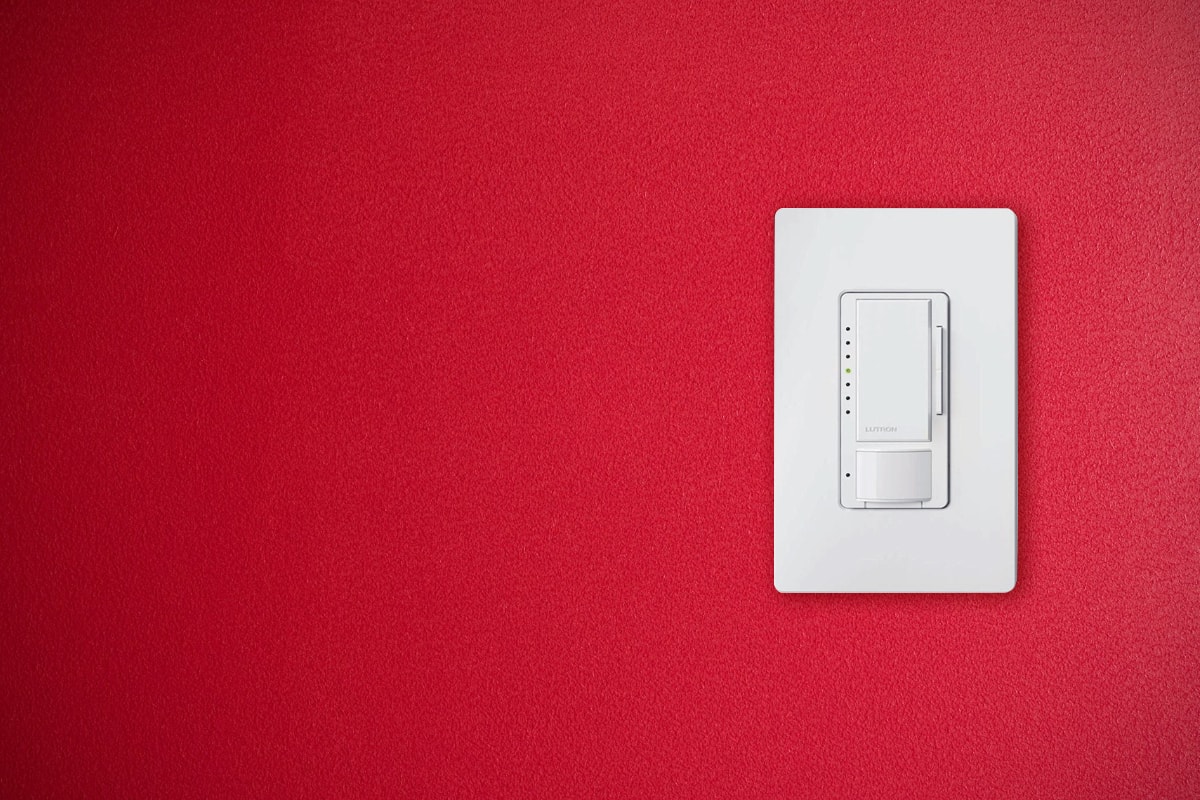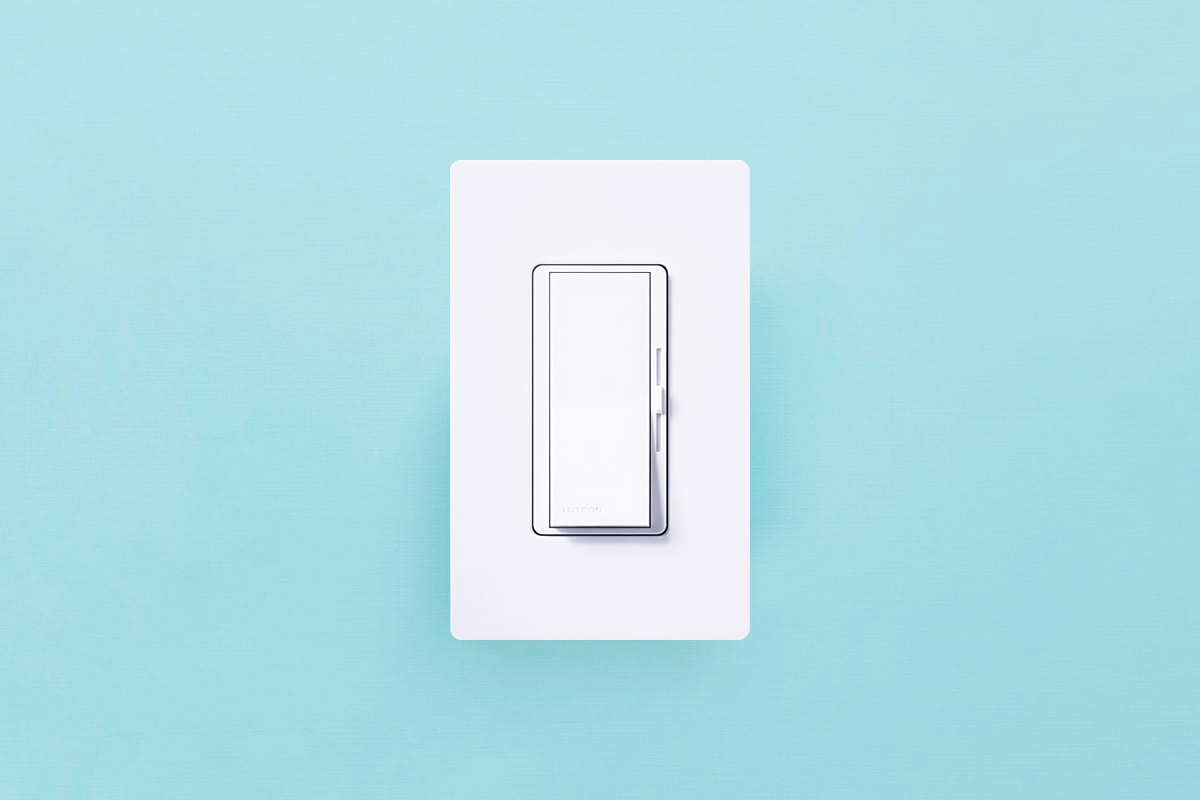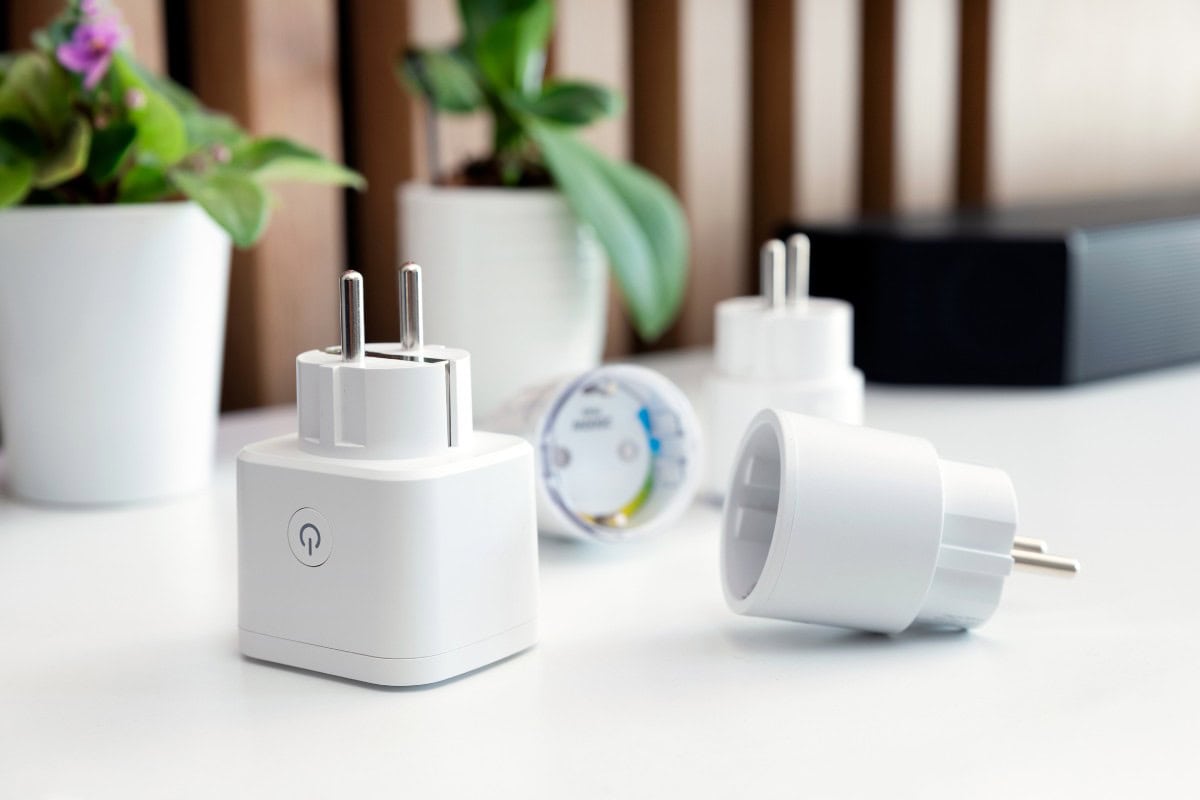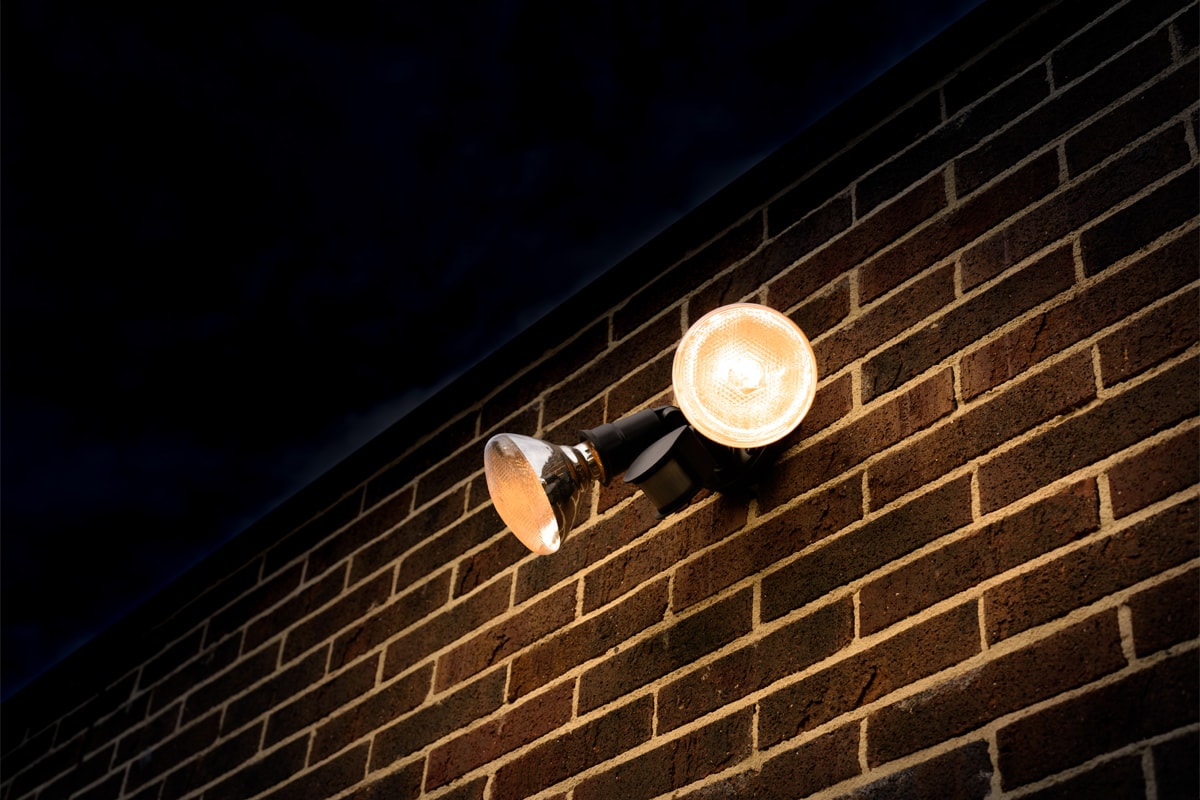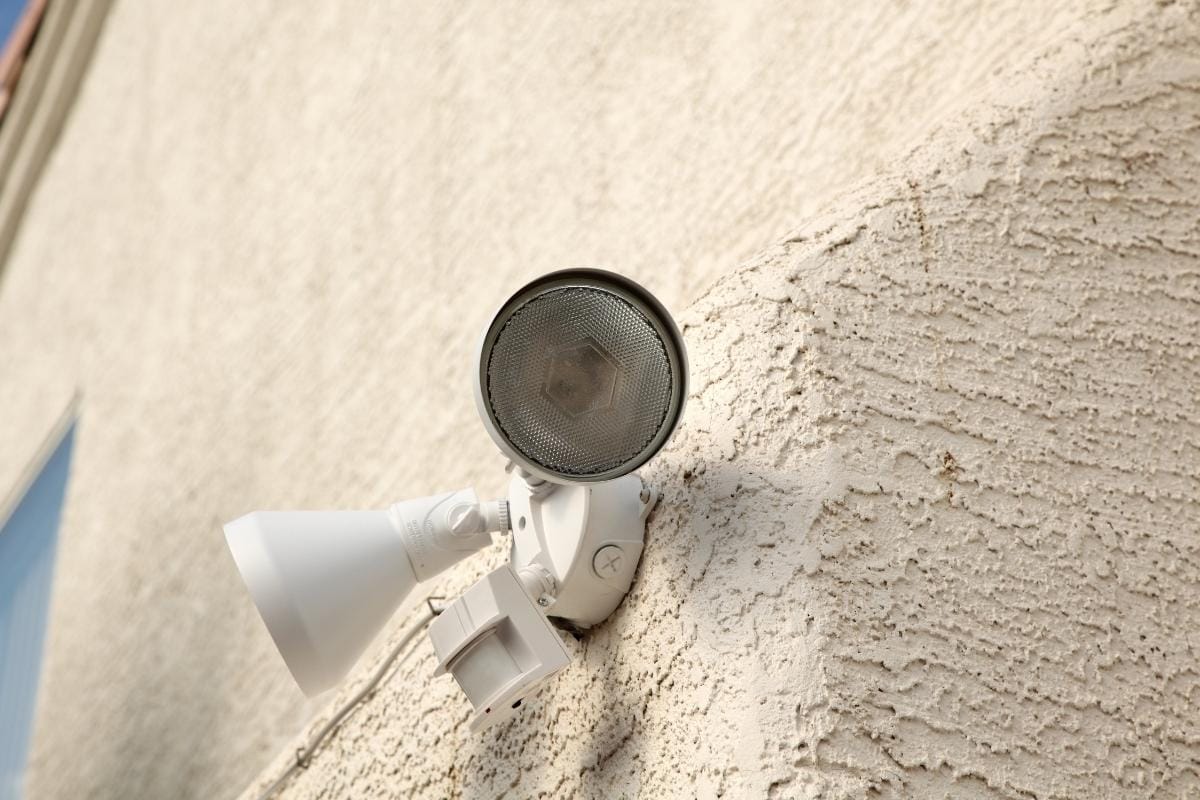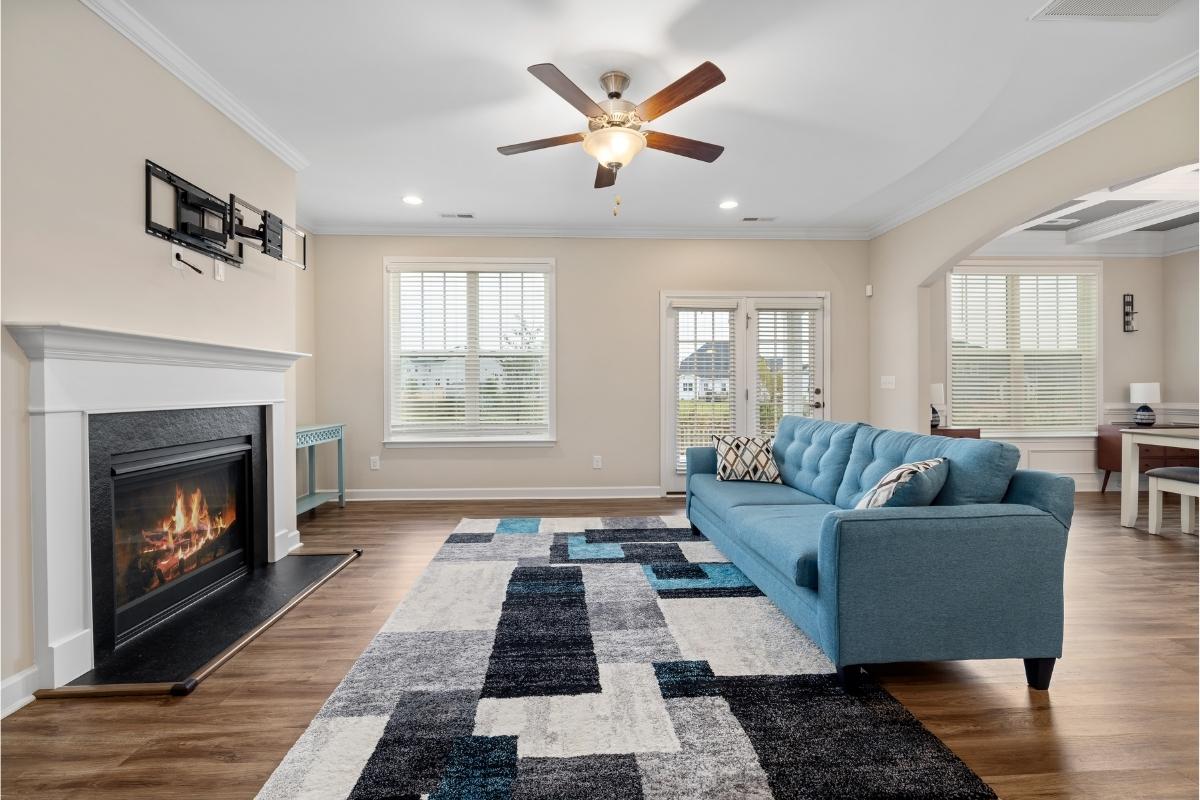When scheduling a home inspection, you must make sure that every little detail in the construction of your home gets inspected, from the attached garage to the roof of the building. It can save you a lot of money in the long run by drawing attention to any potential issues that may in time turn into costly repairs.
Every part of the property should be checked, but it is of particular importance to get a home plumbing pipeline inspection to check the water supply system, the fuel storage and distribution systems, the water heating system, drainage systems, septic systems and any plumbing fixtures in order to ensure everything is working properly.
Home inspection companies will also have plumbing inspection units with plumbing specialists that can provide important safety tips and ensure your home is up to regional plumbing standards.
Plumbing Inspection Requirements
First of all, rough plumbing must be tested by filling the entire drainage system with water to the middle of trip waste overflow of every tub installed on the top floor in order to verify that the system is watertight. Also, all water piping must be pressure tested to at least normal working pressure, either by turning on the building water service/well pump or by air testing from 75 psi to 100 psi.
If necessary, radon vent piping must be installed with rough plumbing and must be identified in open areas. All gas piping must be pressure tested with compressed air and a test gauge able to be reasonably read. Time of test and amount of pressure must be posted near gauge so the plumbing inspector can confirm that the system is airtight, and gas piping must be identified.
All sewer lines and water service lines from the house to the curb connection/septic tank must be left uncovered for inspection, and buildings must be left open for final plumbing inspection.
All plumbing fixtures must be installed and fully operational, hot water must be available to all fixtures that require hot water, and all showers and bath/shower combinations should be adjusted to provide not more than 120 degrees Fahrenheit outlet water temperature.
Inspection of Residential Plumbing, Water Supply and Septic Tanks
Inspecting the residential plumbing, water supply, septic tanks and drainage systems is critical to learn about their condition, especially their structural soundness and safety. Moreover, the inspection of water supply and drainage system of a house is mandatory before closing a purchase.
Routine Plumbing Inspection
A routine inspection of the household plumbing, water supply, septic tanks and water heating systems will help you detect potential problems early on and avoid emergencies. For a plumbing inspection fee, a plumbing specialist will be able to detect whether leakage of water from a questionable source contaminates safe water, when the septic tanks of your house need to be emptied when flaws occur and so on.
Household Plumbing System Inspection
The Water Service Entry (The Water Meter) And the Water Supply Piping
The water supply system of a house includes the water well, water pump, water meter, water distribution piping and even fixtures and faucets. Using specialized equipment, the plumbing specialist will check the water level in the water well, check the water pump and water meter for their efficiencies, verify pipe sizes, check the pipelines, fixtures and faucets for signs of leakage and rusting or for faulty connections, check the piping material through standard lab tests, identify the location of the main water shut-off valve in the plumbing map of the house and ensure the valve is operable.
The Drain, Waste and Vent (DWV) System
The DWV System (drain, waste and vent systems) is inspected for proper functionality, the wastewater piping and all fixtures are checked for leakages and rusting, and the plumbing inspector will also ensure that the vent pipe sizes and materials match the required standard and can balance the water-pressure in the plumbing system. Drains, sewer systems and wastewater must be checked for proper inclination. Otherwise, the downward flow of wastewater is hampered.
The Water Heating System
Sump pumps must be assessed for their efficiency, depending on the drainage requirements of a particular household. When it comes to the heating system, inspection includes testing the water heating equipment and its power source for its storage capacity and performance. Following an inspection, a plumbing specialist may recommend the replacement of an old heating system with a more efficient new appliance, which has adequate controls and reduces power consumption. The inspector will also pay close attention to the chimneys and the piping system.
Septic Tanks
The inspection of septic tanks involves multiple tasks and tests, but assessment of the tanks for determining their capacity and condition is fundamental. The septic tanks are tested for racks, holes and other structural defects. Also, the size of the drain field must be assessed and the inlet/outlet sanitary details of the septic tanks must be examined for possible blockages. Though most septic tanks need to be pumped every three to five years, plumbing inspectors typically recommend pumping and emptying the septic tanks after inspection, depending on the tank size and the amount and type of solids entering the tank.
Fuel Storage and Distribution Systems
In addition, household plumbing also includes fuel distribution piping, so plumbing specialists undertake inspection of the fuel supply system from the entry point into the house to the point where it is used. Along with the rest of the plumbing work, the automatic emergency fuel shut-off valve needs to be mapped as well. There’s more to a household plumbing network than just water supply, septic tanks and sewer system, and only a plumbing specialist will be able to handle all the intricacies of the plumbing network to ensure everything is working as intended.
Final Plumbing Inspection
Any work that needs to be done following a plumbing inspection will often be costly, but the speculation can be cut down if you know what the inspector is looking for on his final plumbing inspection.
Permits and End Result
Generally, the first thing an inspector checks for is a permit for any construction or work, if any, that must be done. First of all, all fixtures must be installed, every room with plumbing must be functional and have all the required fixtures, all the caulking must be done beforehand, and if something is missing, the water to that location must be turned off completely before the inspector gets there.
Also, the plumbing inspector will be testing the full spectrum of temperatures, so make sure that any fixtures that need hot water have hot water. Things like sinks and showers will need to have both hot and cold water. During a plumbing inspection, the inspector will also run the water in all rooms to check for leaks.
Water Heaters, Fuel Systems, Septic Tanks
These are the main three items plumbing inspectors are concerned with. The point of an inspection is mainly to make sure everything is in working order and in good condition, so the inspector will look to make sure whether the water heater is sealed tight, has the proper drainage and is elevated off the ground. If you have a septic tank, a plumbing inspector will pay special attention to it and will evaluate its condition and capacity.
Pressure Testing, Pipe Insulation, Plumbing Fixtures
Have the pipes pressure tested before the inspector comes, and leave the results near the test area because that’s what the inspector will look at. One of the most difficult parts of preparing for a plumbing inspection is uncovering all of the main lines, and if you have a septic tank it needs to be uncovered as well. Pipe entry into the house and all pipes in bathrooms and kitchens must be visible somehow. Leave all insulation on the pipes, as it is an important step of the inspection. Also, any outdoor or indoor pipes that do not have access to heating units must be insulated to prevent freezing.
A plumbing pipeline inspection is very important to ensure the health and safety of your family, so when choosing a plumbing inspection unit within a home inspection company, make sure to hire a reputable plumbing specialist to handle the work.
The plumbing inspection fee will vary according to the company, but keep in mind that it is a good investment to avoid potential costly repairs in the future.

